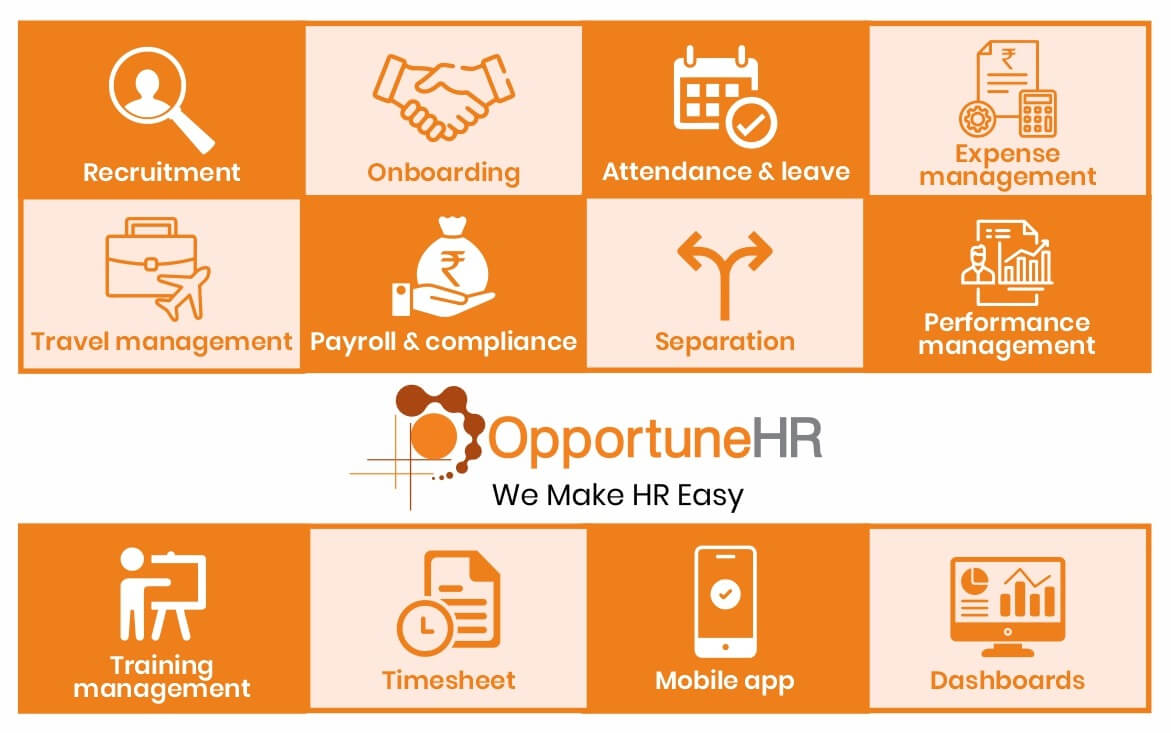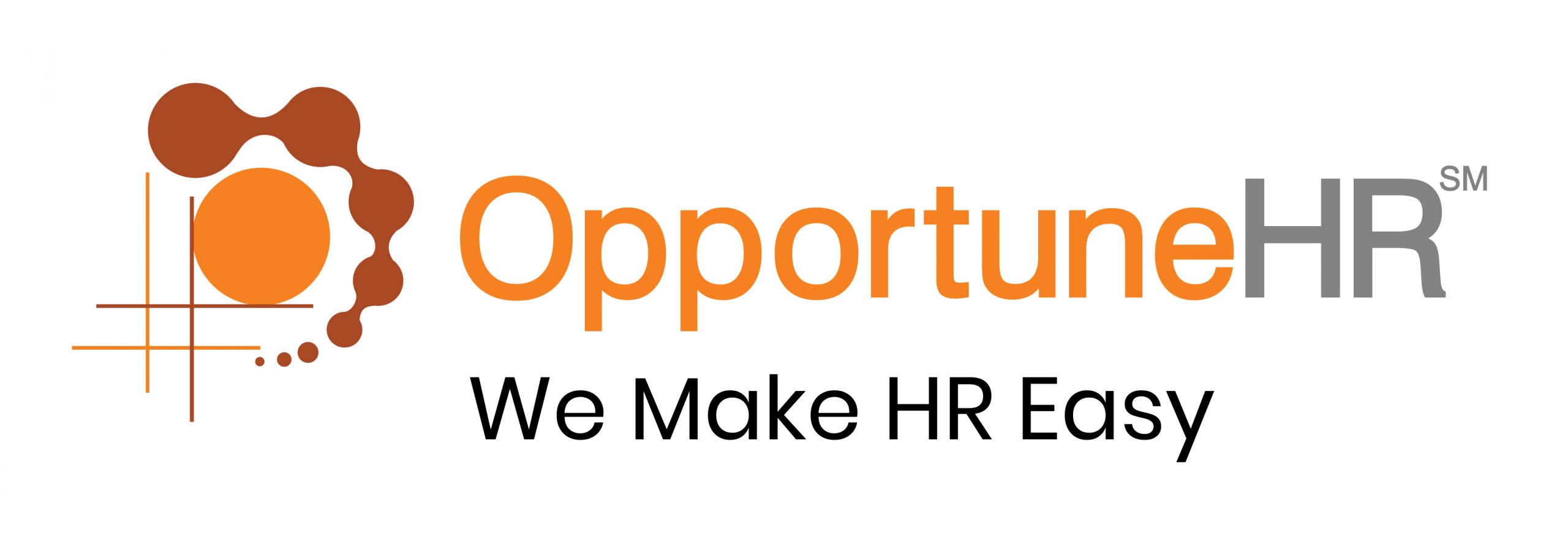Here is an interesting fact–
Many SME business owners postpone the implementation of payroll and HR software till they come to a certain size. They think that manual payroll processing, or a limited desktop software, is sufficient for their organisation.
But startups go for the automated HR solution early. Even when they are just a 20-person team.
Let’s find out, why?
Startups might be called a small business, but their needs are different. Even if the team size is small, the remuneration structure could be complex. The salary structure and compensation plans are challenging.
Startups often face additional complexities in payroll processing due to these factors:
- Equity and stock options: Startups commonly offer equity or stock options as part of their compensation packages. Calculating the value of these equity allocations and incorporating them into salary requires understanding the current market value, vesting schedules, and potential future growth of the company.
- Variable compensation: Startups often have variable or performance-based compensation structures, such as commissions, bonuses, or profit-sharing. These types of compensation can vary based on individual or company performance. It makes salary calculations more complex and requires ongoing tracking and adjustments.
- Funding and cash flow: Startups rely heavily on funding rounds and may have fluctuating cash flow. This can impact the ability to consistently pay salaries on time or make it challenging to determine salary levels based on available funds.
- Taxes and deductions: Startups need to navigate payroll, PF, state taxes, and any other applicable deductions. Calculating and accurately withholding these taxes can be complex, especially as regulations may vary by jurisdiction.
- Compliance with investor or grant requirements: Startups that have secured funding or grants may need to comply with specific requirements regarding how salary is calculated or distributed.This could involve meeting specific ratios or guidelines set by investors or grant providers.
- International operations: If a startup operates internationally or has remote employees across different countries, calculating salaries can become even more complex due to varying tax laws, exchange rates, and compliance with local labour regulations.
- Employee benefits: Startups may offer unique or non-traditional employee benefits, such as flexible work arrangements, equity-based incentives, or unique perks. Incorporating these benefits into salary calculations requires careful consideration and understanding of their value.
That explains many payroll errors that occur in manual payroll processing. And that’s why startups go for payroll and HRMS software early in their business life cycle.
Now, most payroll platforms aren’t specifically created for startups and small businesses.
Rather, their pricing plans are based on the number of employees. Obviously, they look for bigger organisations. Which means the startup needs are often overlooked in designing and developing these softwares.
So, it is important that startup founders and HR teams look out for payroll software designed for small businesses.
Quick tip
- Don’t go for desktop payroll software. Founders need the best payroll software for startups that is cloud-based and can help them manage things when they are out, making business pitches.
- Make sure the employee self-service features are available. It will help you avoid many salary-related enquiries.
Let’s look at some vital factors in choosing a payroll solution for your growing organisation-
Rule engine flexibility:
- Employee Information: The system should allow for easy configuration of employee details such as personal information, employment type (full-time, part-time, contractor), pay rate, tax information, and deductions.
- Payroll Frequencies: The system should support different payroll frequencies (weekly, bi-weekly, monthly) and allow for configuration of pay periods and payment dates.
- Overtime and Leave Policies: The system should support configuration of overtime rules, including rates and thresholds. It should also allow for customization of leave policies such as holiday, sick leave, and unpaid leave.
We suggest writing down your entire payroll process:
Make a list of all payroll processes and tasks that you run in your organisation. Especially the outliers. And see that the HR software in consideration can be configured as per your payroll schedules and other requirements.
Auto update of statutory compliance:
Compliance is a major headache for small businesses. Because the government guidelines and laws are updated so frequently, even expert HR managers find it difficult to keep in mind.
That’s why, ask the HRMS or the payroll vendor: Will your software update the compliances automatically? Or would it need work from the HR team?
Go for the software which does it for you. In all the chaos of running a new business, who has the time to dive into the intricacies of compliance?
Scalable model:
Now, this is specific to startups. 2 questions must be answered convincingly before you choose an HR software.
1: Why should a startup organisation pay for all the bells and whistles meant for enterprise organisations?
2: Will your HR software for small businesses can handle big numbers when you get funds and go for quick scaling?
Look out for a software which allows you to start with the bare minimum, the core HR functions. Means, you pay only for what you use! And then, when you scale up and need advanced functionalities, the software should be able to scale up with your growth.
Learn More About How Integrated HR and Payroll Software Is Good For SMEs?
Right now, there is only one software which can fulfil these requirements– OpportuneHR!

HR domain support:
This is so obvious. In the beginning, the startup promoters play the role of HR manager too! And require ongoing guidance. Even when an HR executive is hired, she wouldn’t have the experience needed for tackling multiple kinds of issues.
An HR software vendor with HR domain expertise would help you enormously.
Once these major filters are cleared by the software vendor, you can compare other features.
Here is a list of 10 key features that you must look for in your startup payroll software.
1. Employee Information Management: The payroll software for startups in India should allow the team to store and manage employee data in detail. Such as personal information, bank details, tax details, and employment history.
2. Calculation of Wages and Salaries: The software should be able to calculate employee wages and salaries based on various factors such as hours worked, overtime, deductions, and tax rates.
3. Tax and Statutory Compliance: The HR software provider must ensure that the startup Payroll software updates regularly. And is up-to-date at all times! It must use these guidelines for automatically deducting the appropriate taxes, calculation of statutory deductions, and generating reports. And tax filing, too.
4. Direct Deposit and Payment Processing: Many payroll systems offer direct deposit functionality, allowing employees to receive their wages directly into their bank accounts. The software also generates pay stubs or electronic payslips.
5. Reporting and Analytics: Payroll and HR software for startups should provide multiple payroll reports, such as payroll summaries, and tax reports. Plus other analytics that help you gain insights into payroll expenses.
6. Employee Self-Service Portal: Some payroll software includes self-service portals for employees, allowing them to access and manage their payroll information, tax forms, and other related documents.
7: Mobile App: An HR mobile app is a must in startup organisations. Make sure the app runs both on iOS and Android platforms.
8. Integration with HR and Accounting: Advanced payroll software integrates seamlessly with HR systems and accounting software, streamlining data flow and minimizing manual data entry.
9. Multi-Country and Multi-Currency Support: For multinational organisations, payroll software often supports multiple countries’ payroll requirements and currencies.
10. Security and Data Protection: Payroll software typically provides data encryption, role-based access controls, and regular backups to ensure the security and confidentiality of sensitive employee information.
Conclusion:
Payroll management is a challenge for startups. An HR and payroll software can help the business owners and founders. But not all softwares are appropriate for Startup organisations.
To reap the benefits of payroll software for startups, the founders must choose the HRMS and payroll software wisely. They must see that the software vendor offers a ‘stepping-up’ HR software model. Auto update of compliance and HR domain expertise of the vendor is also important.
Startups often have specific needs such as variable compensation structures, compliance with investor requirements, and international operations. By investing in payroll software designed for small businesses, like OpportuneHR, startups can benefit from features like rule engine flexibility, auto-updates of statutory compliance, scalability, HR domain support, and other key functionalities.
FAQs About Features Of Payroll Software
1. Why do startups need payroll software?
Startups already have limited resources and cannot afford an employee completely dedicated to the manual payroll process. A payroll software automates salary processing, handles tax calculations, and ensures compliance, which saves time, reduces the risk of errors, and allows employees to work on what’s important.
2. What are the risks of using manual payroll processing for startups?
Using the traditional manual payroll processing can cause calculation mistakes, payment delays, incorrect tax filings, and compliance issues, which can harm employee trust and result in financial penalties. Traditional payroll also requires a lot of paperwork and dedicated staff.
3. How can payroll software help startups manage compensation?
Payroll software helps startups manage compensation by providing a clear view of salaries, bonuses, deductions, and benefits, making it easier to stay organised and compliant with legal requirements.








